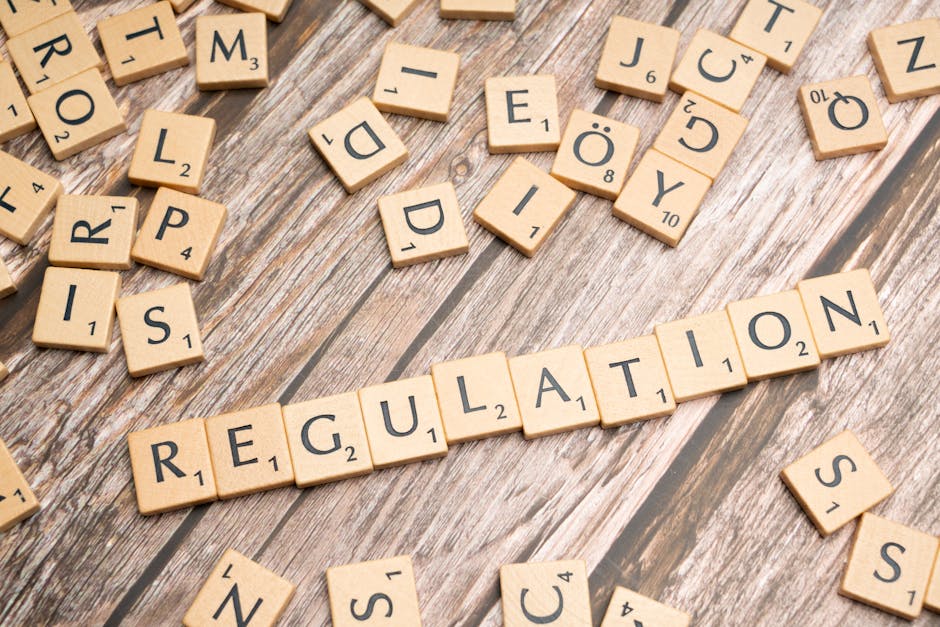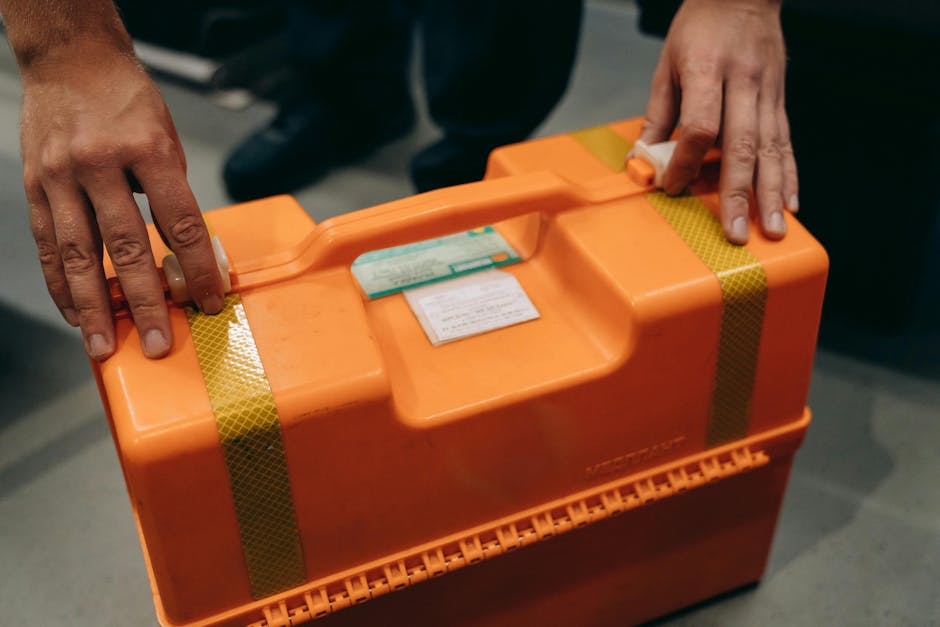In a significant development for the Irish gambling sector, the newly established Gambling Regulatory Authority of Ireland (GRAI) has taken a proactive step towards addressing industry apprehensions regarding its proposed licensing framework. This move comes on the heels of GRAI’s inaugural public consultation, carried out under the ambit of the landmark Gambling Regulation Act 2024.
This week, GRAI unveiled its comprehensive response after diligently reviewing 27 formal submissions from a diverse group of stakeholders including operators, consultants, public entities, and civil society organizations. The feedback primarily concentrated on pivotal aspects such as application fees, licence durations, and additional licence stipulations. Impressively, much of the input was constructive in nature.
GRAI highlighted that “The majority of submissions, especially those from industry operators, showed either support or pragmatic perspectives on our proposals. They offered valuable suggestions for improvement rather than outright objections,” showcasing a collaborative spirit within the sector.
A point of contention among respondents was the application fee

structure, particularly the use of “turnover” as a basis for cost calculation. Stakeholders expressed concerns about potential unfairness towards low-margin businesses and sought greater clarity on this methodology. In response, GRAI acknowledged these issues, promising to release “guidance documents” to elucidate how turnover should be interpreted legally.
The debate around the €1,200 premises fee also caught attention as many argued it unfairly affected smaller land-based operators due to its blanket application. The Authority reassured stakeholders that forthcoming regulations would “clarify positions regarding premises fees applicable to all betting or gaming licence applicants.”
Furthermore, GRAI addressed comparisons with the UK’s licensing regime by clarifying that its responsibilities encompass broader regulatory obligations not covered by the Gambling Commission in Great Britain but are instead managed by local councils there.
Another critical aspect discussed was license duration. Current proposals suggest setting this at three years—a duration which garnered mixed reactions. While some respondents agreed with this term length, a significant number advocated for longer durations akin to those in other EU markets like Germany and France. Acknowledging this feedback, GRAI maintained that “a three-year duration is an appropriate starting point,” yet committed to ongoing reviews of license terms as their regulatory framework solidifies.
Concerns over transparency regarding renewal fees and administrative prerequisites were also raised by stakeholders. Here too, GRAi pledged to deliver clear communication concerning relevant fee structures promptly and constructively.
Looking ahead, GRAI plans to notify the European Commission about its proposed licensing framework through the TRIS procedure—part of Directive (EU) 2015/1535—which ensures harmonized technical regulation across EU member states.
As Ireland strides forward in establishing a modernized licensing regime for gambling operations—self-funded and reflective of regulatory costs proportional to an operator’s business size and complexity—the Gambling Regulatory Authority of Ireland remains dedicated to fostering open dialogue with all industry participants ensuring alignment with best practices and safeguarding stakeholder interests.










Leave a Reply